Optimal Timing for External Concrete Coatings
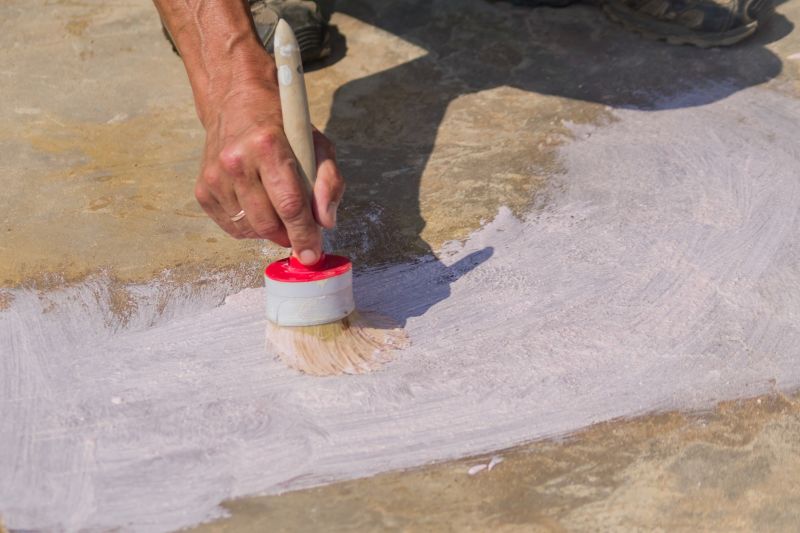
Spring offers moderate temperatures and lower humidity, ideal for coating adhesion and curing.
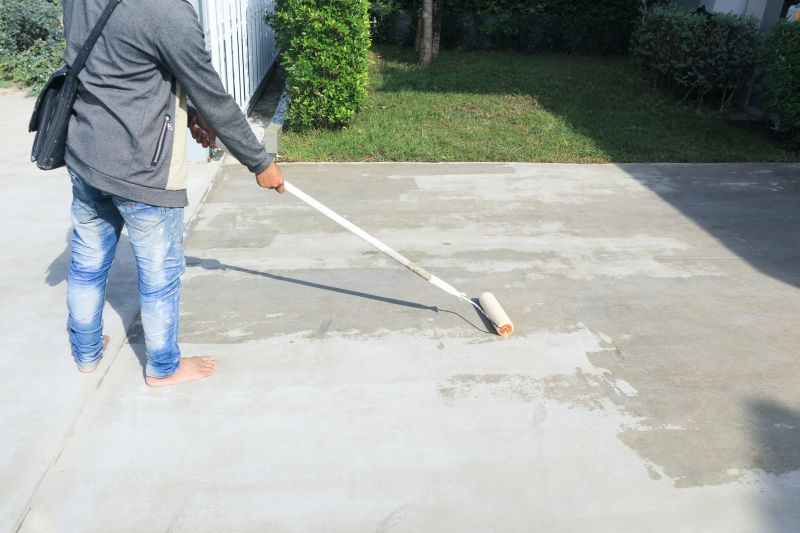
Summer provides warmth and dry weather, reducing the risk of moisture-related issues during application.
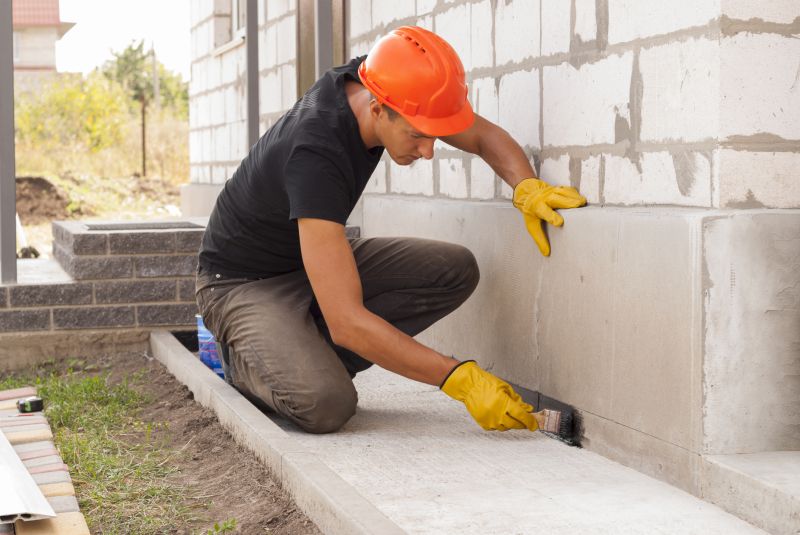
Fall's cooler temperatures and lower humidity levels help ensure proper curing and long-lasting results.
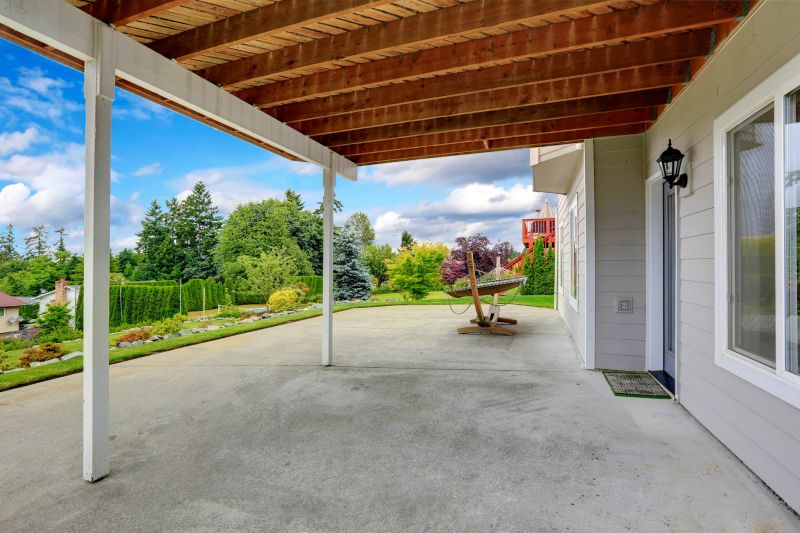
Ways to make External Concrete Coatings work in tight or awkward layouts.
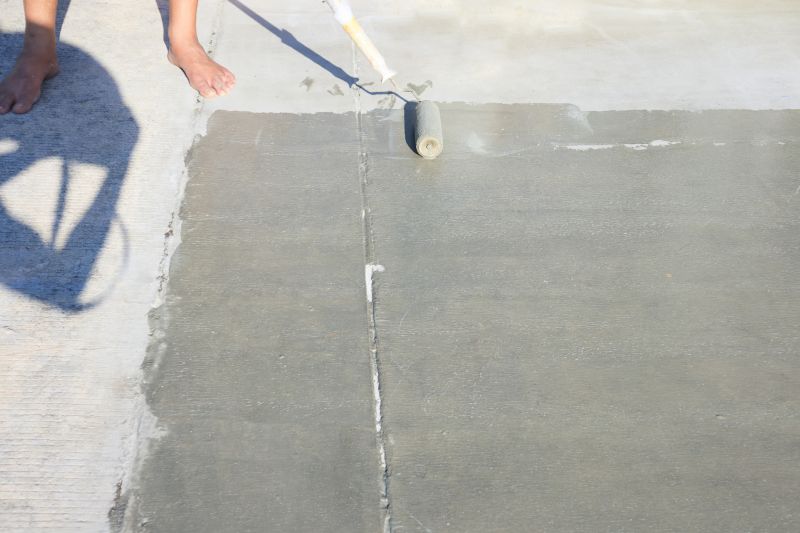
Popular materials for External Concrete Coatings and why they hold up over time.
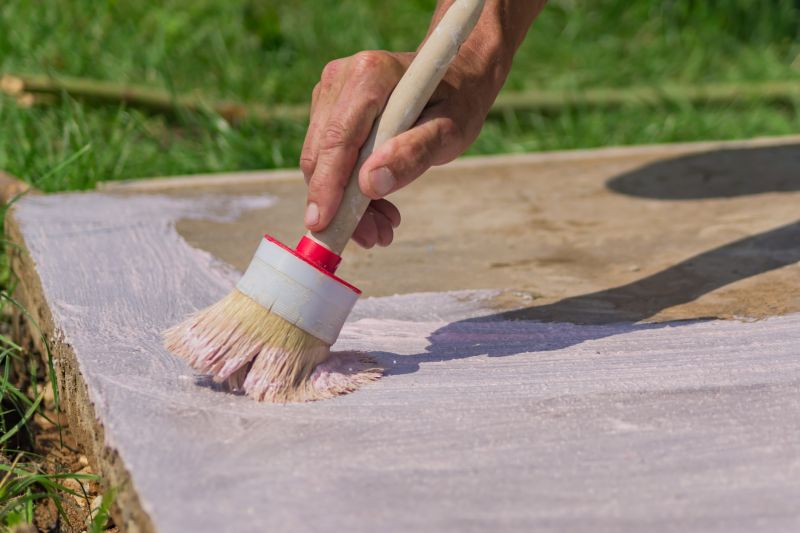
Simple add-ons that improve External Concrete Coatings without blowing the budget.
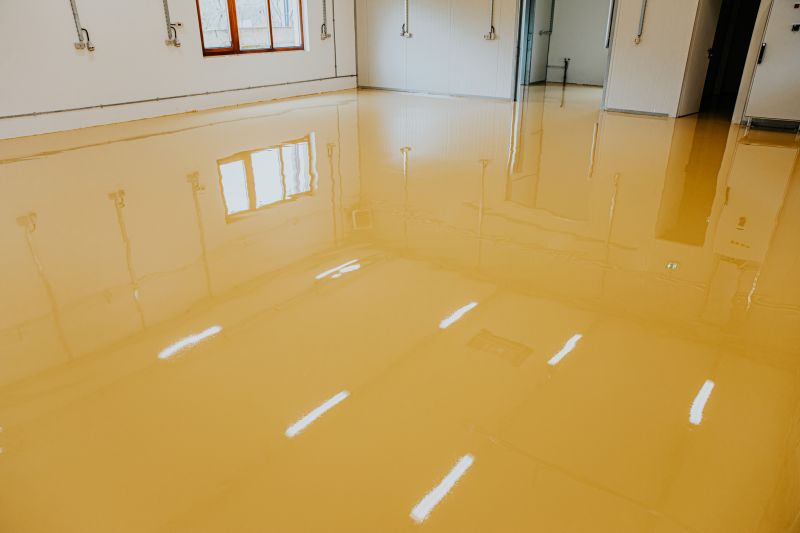
High-end options that actually feel worth it for External Concrete Coatings.
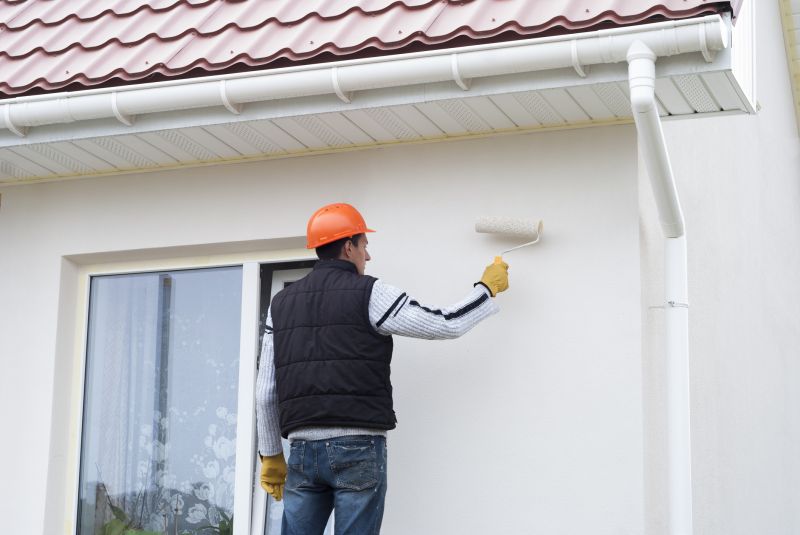
Finishes and colors that play nicely with External Concrete Coatings.
Most external concrete coatings require temperatures between 50°F and 85°F for optimal application and curing.
Low humidity levels help prevent coating bubbles and ensure proper adhesion.
Avoid application during rain, snow, or frost to prevent coating failure and surface damage.
Spring and fall often provide the most stable conditions for coating application outside of extreme temperatures.
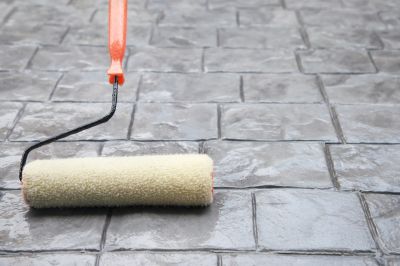
Proper cleaning and drying are essential before applying coatings.
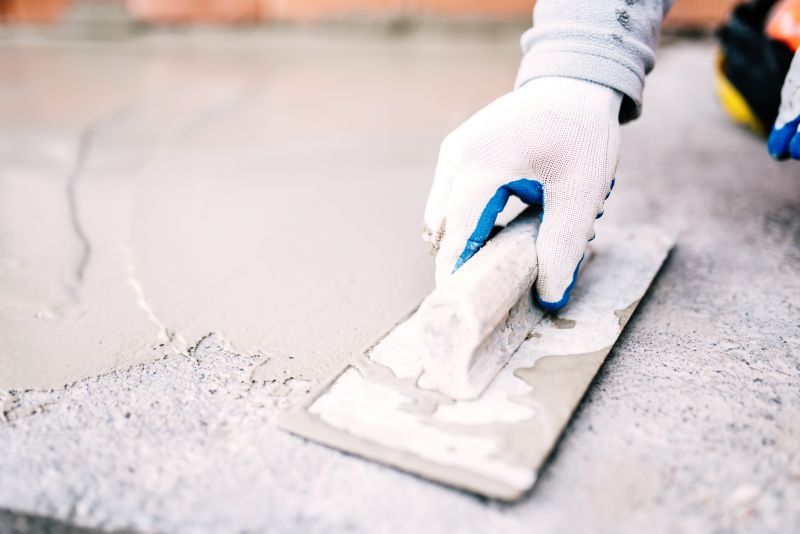
Ensure ambient and surface temperatures are within recommended ranges.
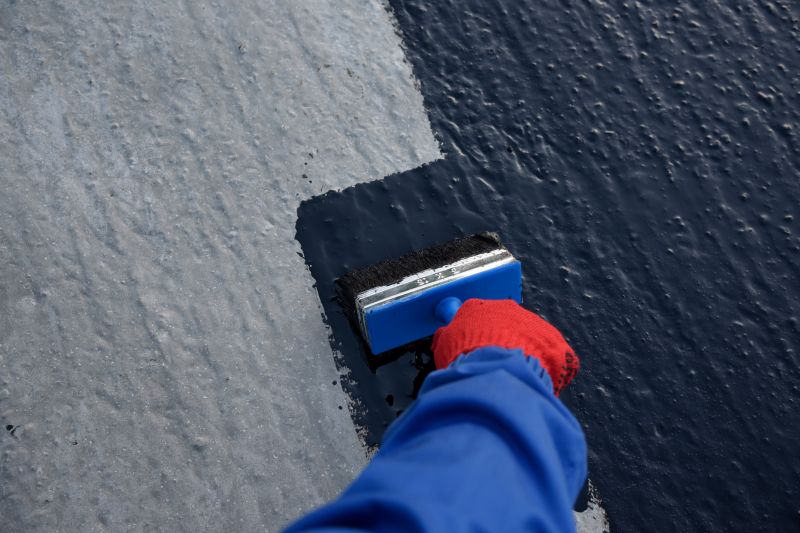
Ideal conditions include clear, dry days with low humidity.
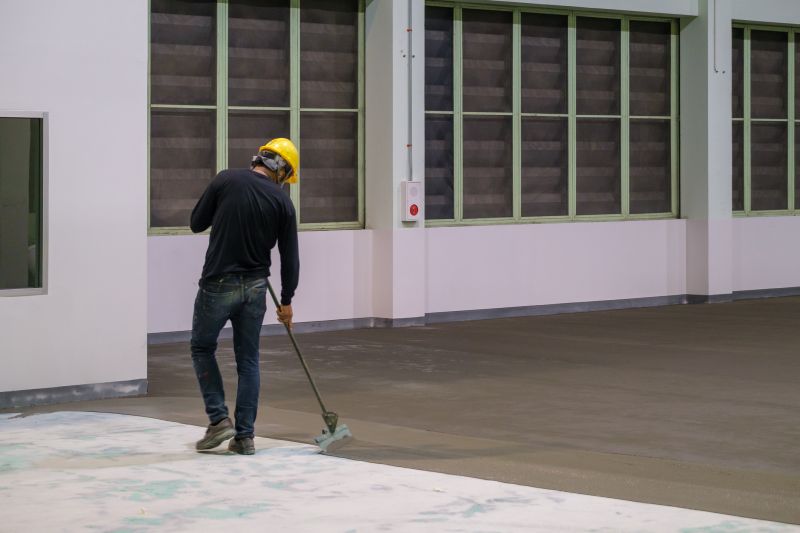
Use appropriate brushes, rollers, or sprayers for even coating coverage.
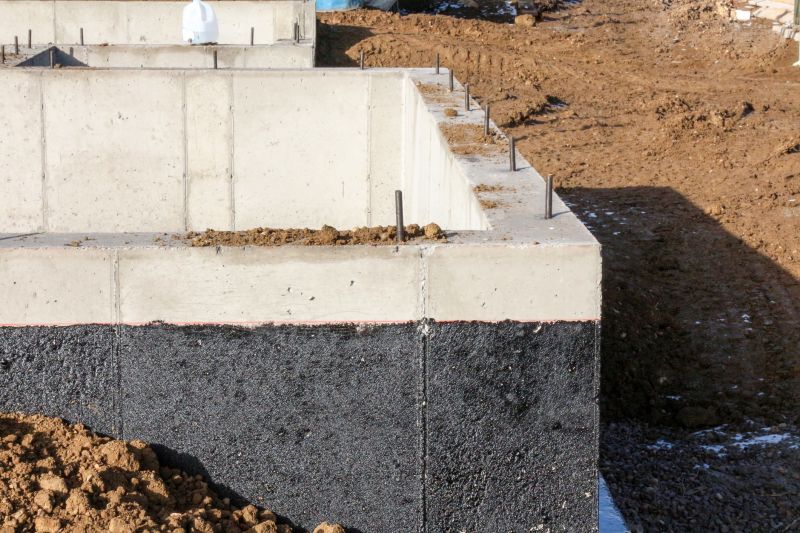
Allow sufficient curing time based on product specifications for maximum durability.
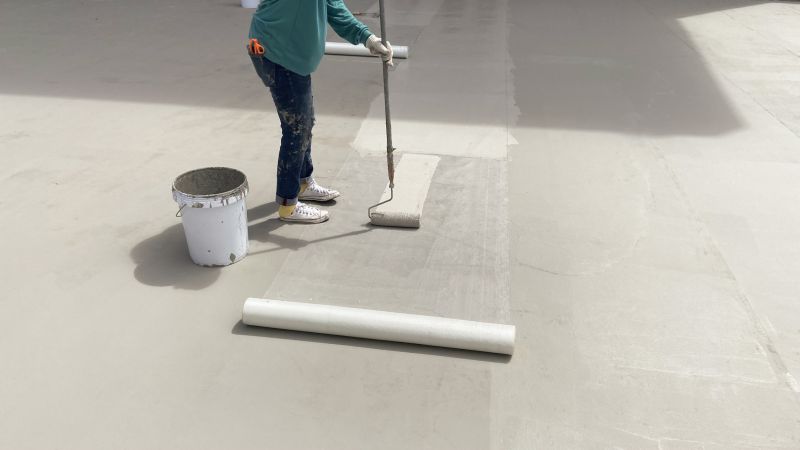
Check for imperfections or debris before final coating application.
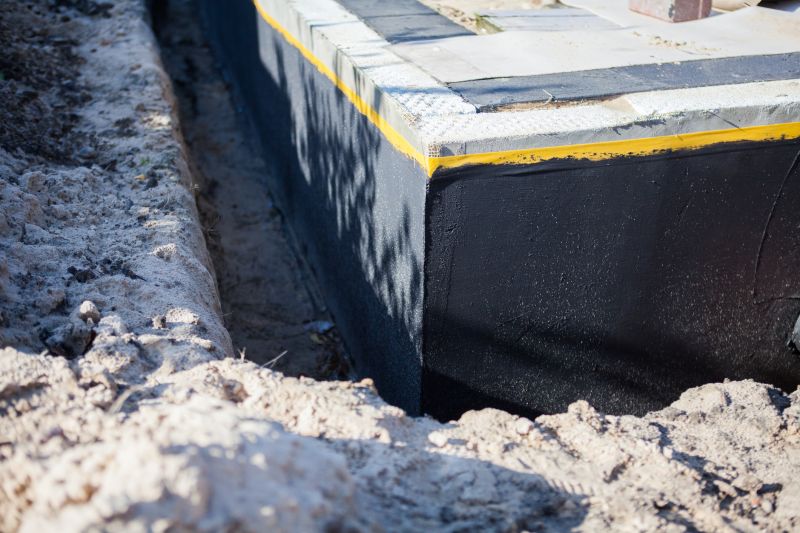
Prevent exposure to rain or excessive moisture during curing period.
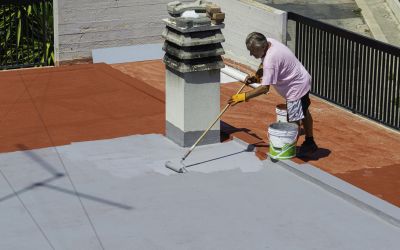
Regular cleaning extends the life of the coating and maintains appearance.
| Season | Ideal Conditions |
|---|---|
| Spring | Moderate temperatures, low humidity, dry days |
| Summer | Warm, dry weather with temperatures below 85°F |
| Fall | Cooler temperatures, low humidity, stable weather |
| Winter | Not recommended due to cold temperatures and moisture risks |
| Late Spring | Optimal for early applications with stable weather |
| Early Fall | Suitable for coating before colder weather sets in |
Choosing the right time for external concrete coatings depends on local climate conditions and specific product requirements. Applying coatings during periods of stable weather, avoiding extreme cold, heat, or moisture, ensures better adhesion and longer-lasting results. Proper surface preparation and monitoring weather forecasts are essential steps in planning successful application. Consulting product guidelines and seasonal recommendations can help determine the most suitable time for each project.
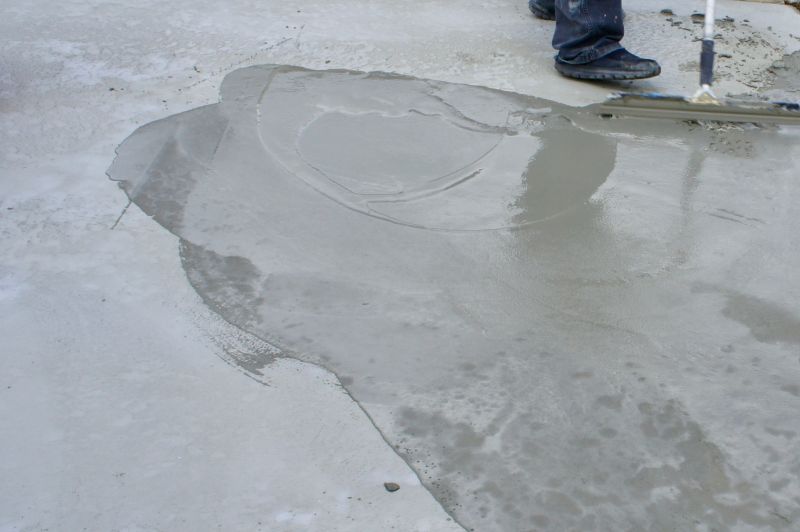
Dry weather prevents moisture entrapment and ensures proper curing.
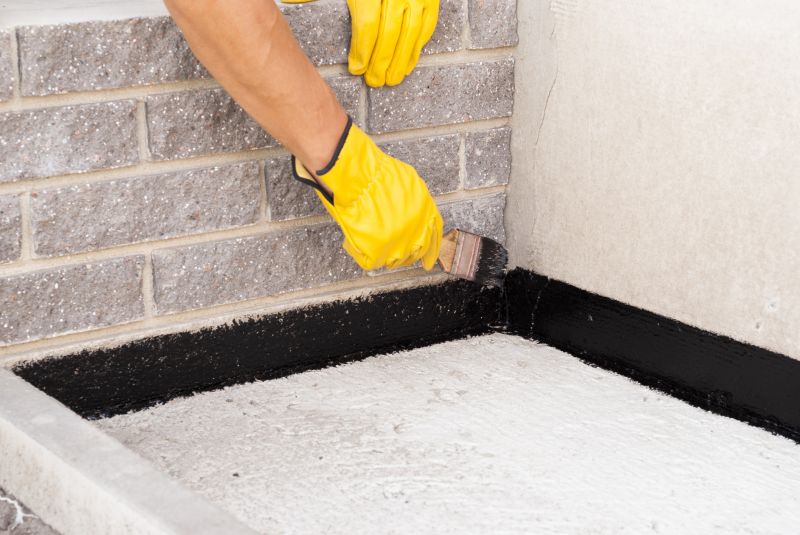
Cold temperatures can hinder curing and cause coating failure.
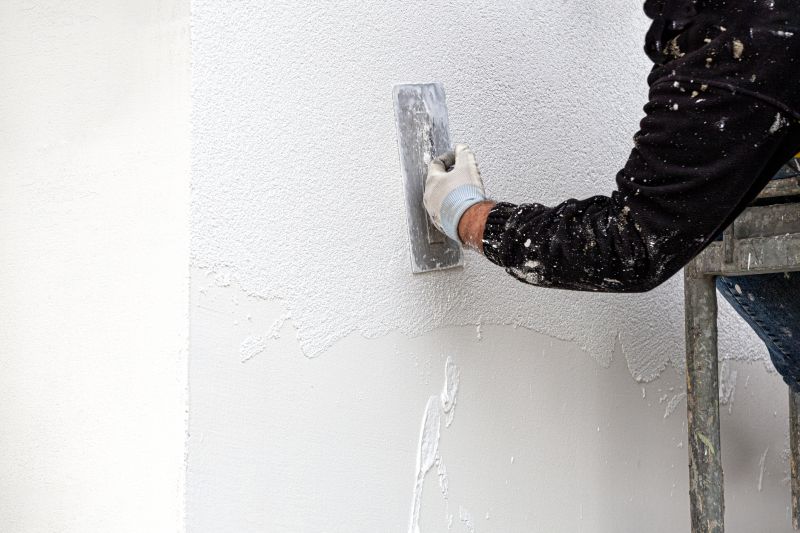
Accurate forecasts help schedule applications during optimal periods.
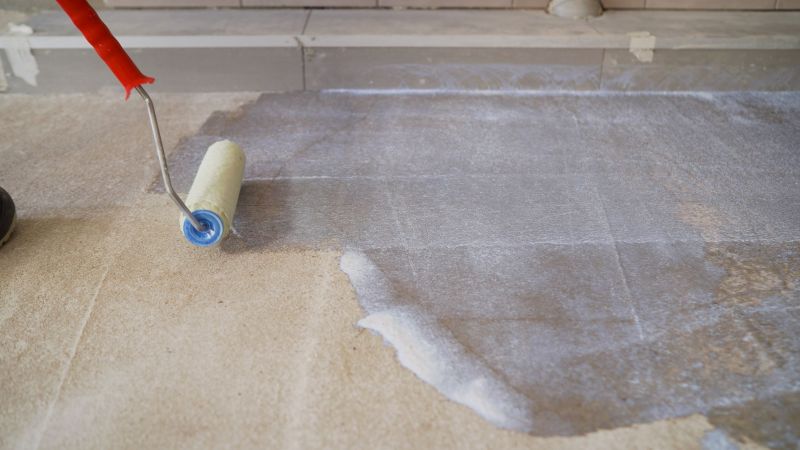
Maintain weather protection during curing for best results.
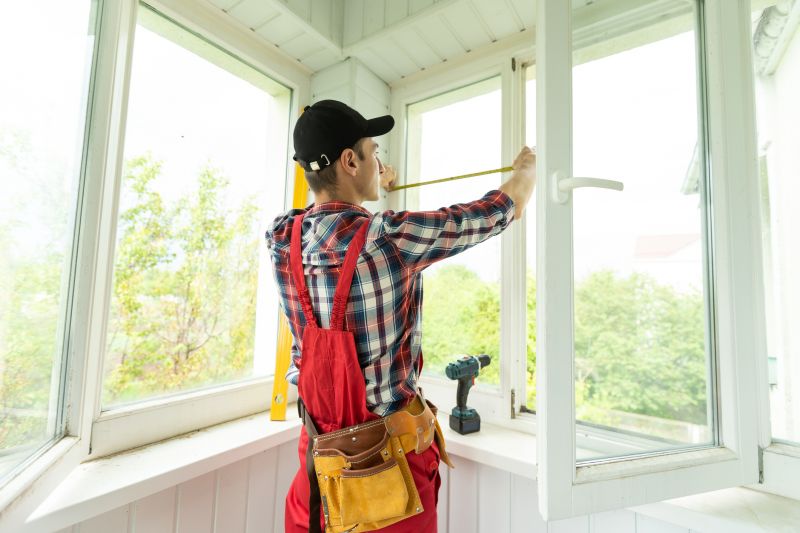
Little measurements that prevent headaches on External Concrete Coatings day.
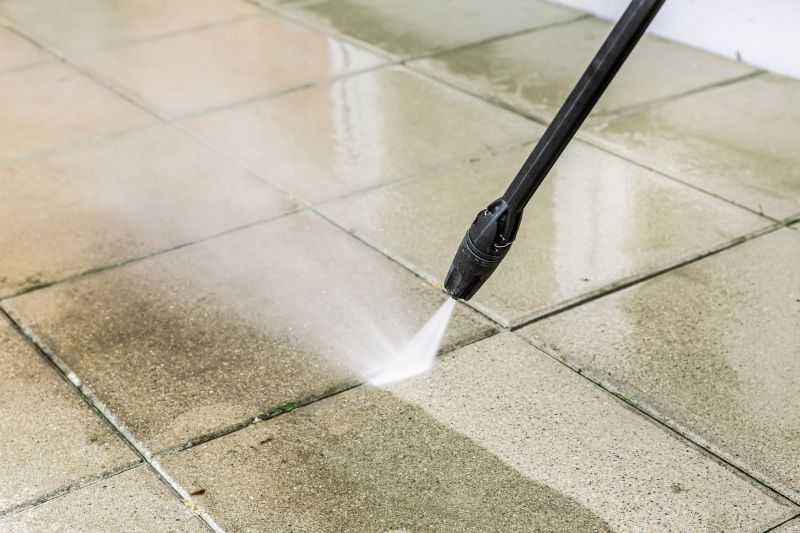
A 60-second routine that keeps External Concrete Coatings looking new.
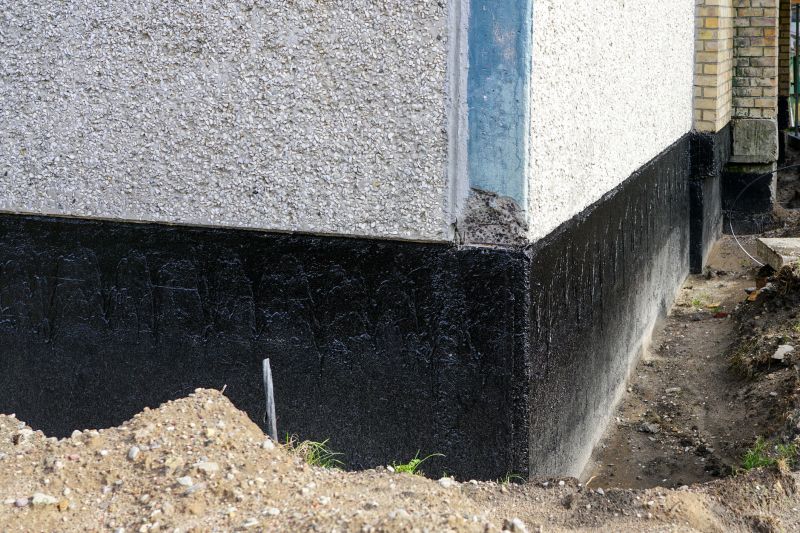
A frequent mistake in External Concrete Coatings and how to dodge it.
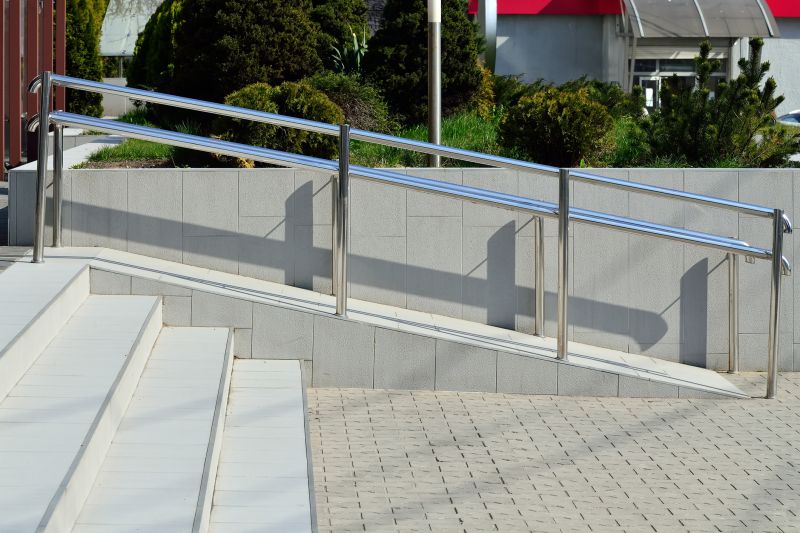
Small tweaks to make External Concrete Coatings safer and easier to use.
Interested parties are encouraged to contact for more information or to schedule an application. Proper timing and preparation are key to achieving durable and visually appealing results. Filling out the contact form provides an opportunity to discuss specific project needs and receive tailored recommendations.
